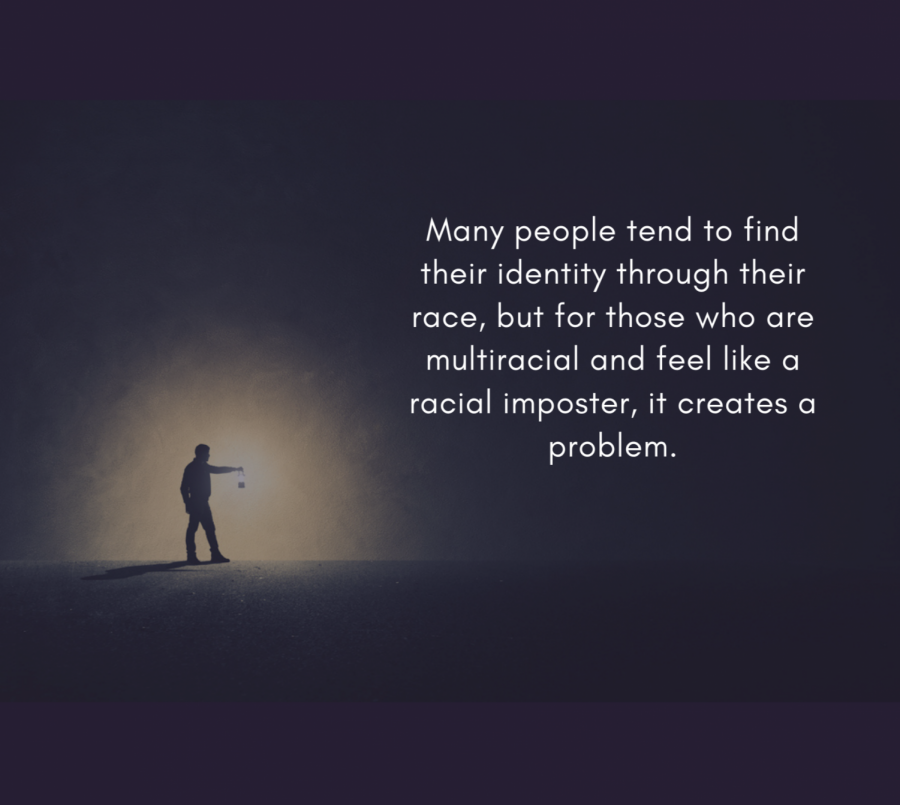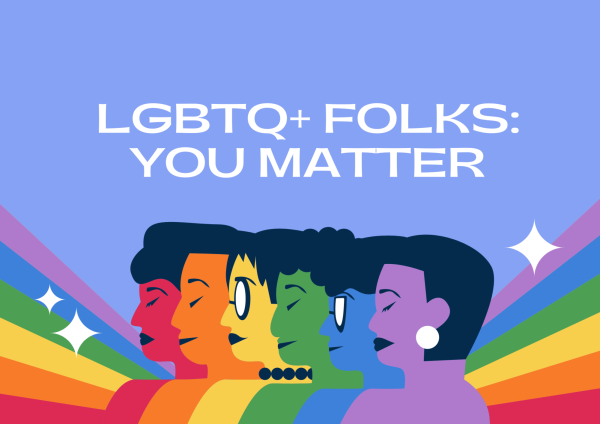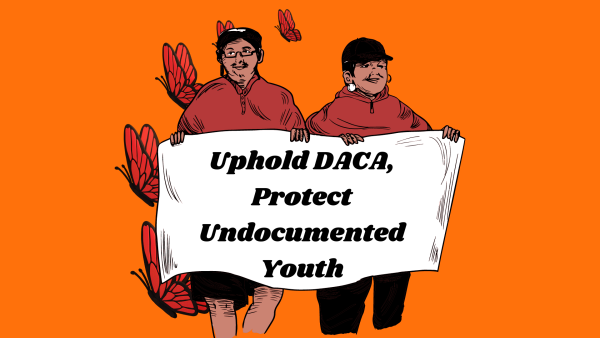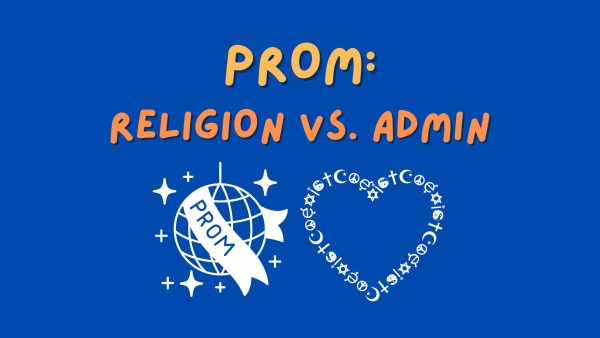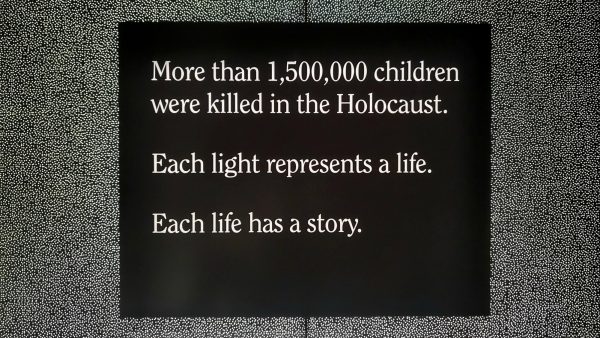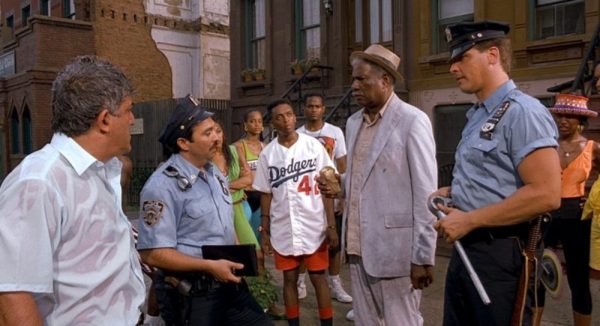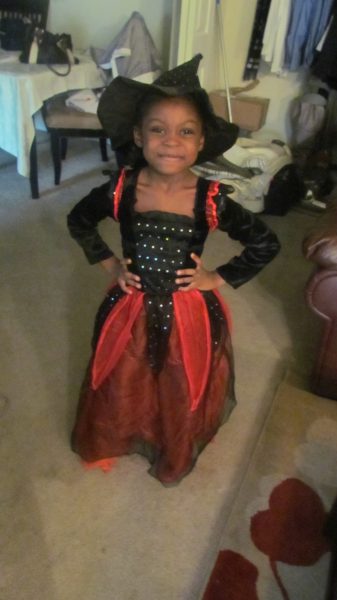Racial Impostor Syndrome affects multi-racial generation, leads to feelings of not belonging
For those who are multi-racial, it’s no uncommon to feel like you don’t belong to a certain race.
While there has been more social acceptance of interracial romantic relationships and possibly having multiracial children since the Supreme Court case Loving v. Virginia, there has also been an increase in cases of those children experiencing Racial Impostor Syndrome.
Racial Impostor Syndrome (RIS) occurs when a person doesn’t feel authentic or feel like they cannot claim a race. Anyone can experience identity crises, but RIS is an issue special to those who are biracial or multiracial. Many people tend to identify with their race, but this creates a problem for those who are multiracial and feel like a racial impostor, as they do not know which race to identify with. Even mono-racial people struggle with their racial identity, battling with erroneous stereotypes.
Not feeling a connection or connected enough with a race can be caused in many different ways. It can stem from not knowing the language of one’s culture, not physically looking like a certain race, not being close to a certain side of one’s family, colorism, etc.
Without being able to relate to certain cultural things that mono-racial people might be able to relate to, can damage one’s self identity, mental health, and/or social behavior. Though they are the fastest-growing demographic in the United States, multiracial people face social exclusion twice as often as other racial or ethnic groups. Because of that lack of identity, it is shown that it can lead to some mental issues.
People naturally want to belong to groups to fit in, but when they feel like they do not belong to either of their races or are excluded from groups, the situation is exacerbated. Psychologist Sarah Gaither from Duke University’s Identity and Diversity Lab found that a common reason for the exclusion of multiracial people is because humans seem to not like to include ambiguous people in their “group.” If there’s an acceptable reason to exclude those who are seemingly different, then people will try to use that.
There is the argument that one could have societal benefits from being multiracial such as increased empathy, but there could also be disadvantages that cause the feeling of being a racial impostor. Multiracial people who can pass as physically looking white, or one race, might benefit from certain things in a country. Eurocentric beauty standards are just one example of this.
With that being said, Racial Impostor Syndrome is more of an inner issue with oneself rather than something society chooses. However, it is also something society can encourage. Though it is more common for multiracial people to be excluded socially, there is the possibility that something else caused one’s racial impostor feeling.
Instead of excluding those who are multiracial from a mono-racial group, remember that even though they might seem different in the eyes of a mono-racial person, don’t socially exclude them because they still share similarities as a mono-racial person despite being multiracial, and we can all learn from one another.
Your donation will support the student journalists of Watkins Mill High School. Your contribution will allow us to purchase equipment and cover our annual website hosting costs.
Mina Graham is a Senior at Watkins Mill High School. She is part of NHS, ACES, the Social Awareness Group (SAG), and plays varsity tennis. She has plans...



